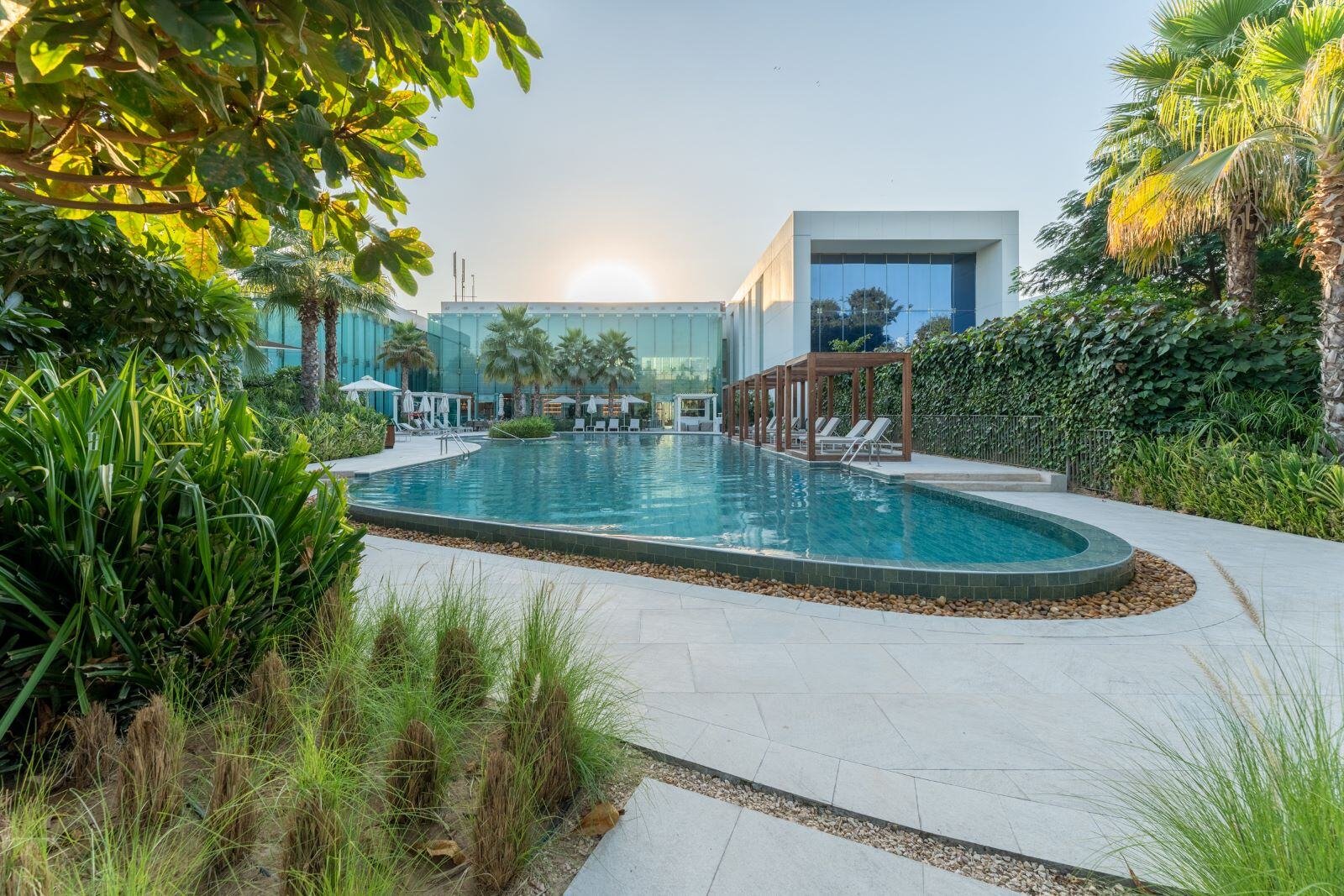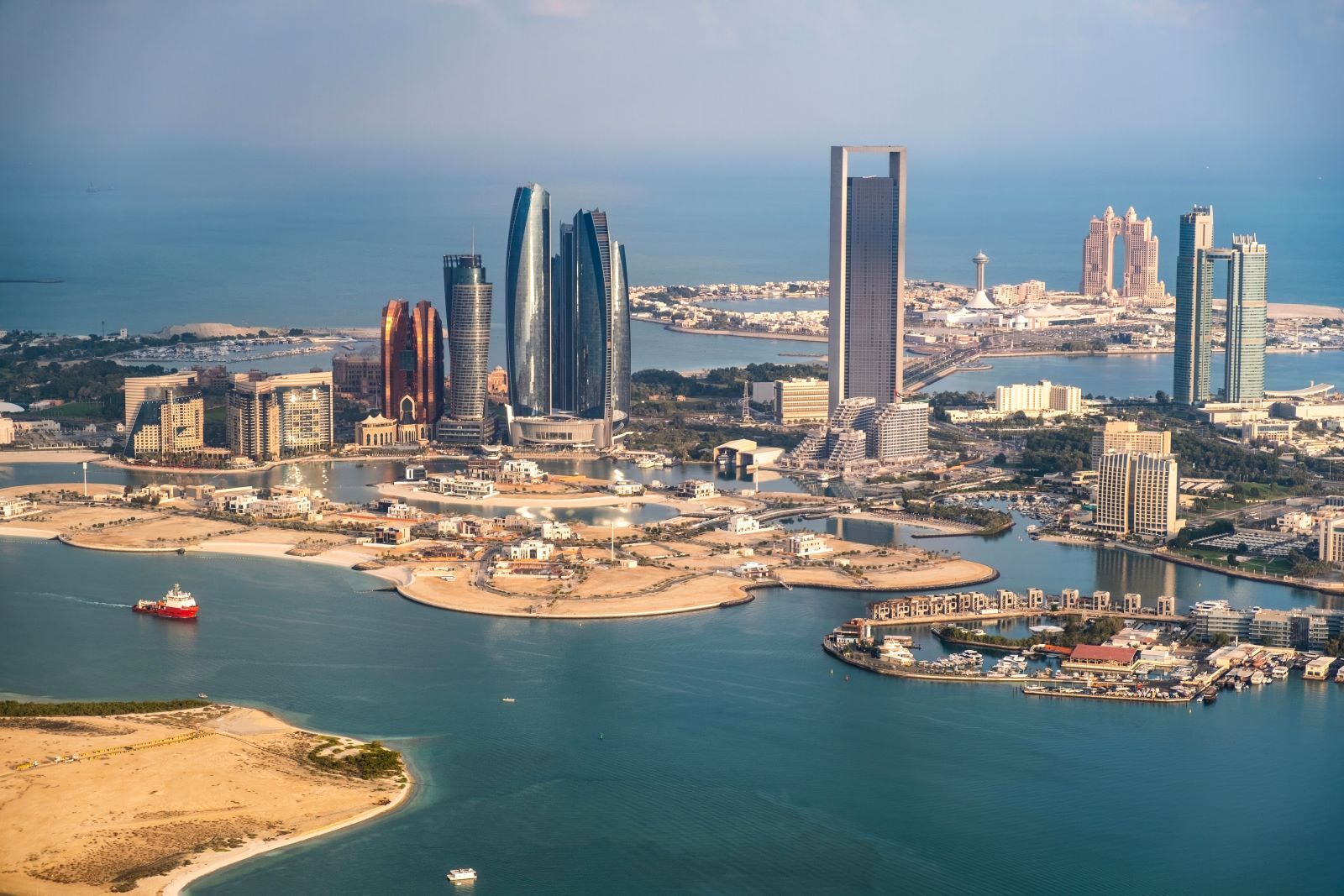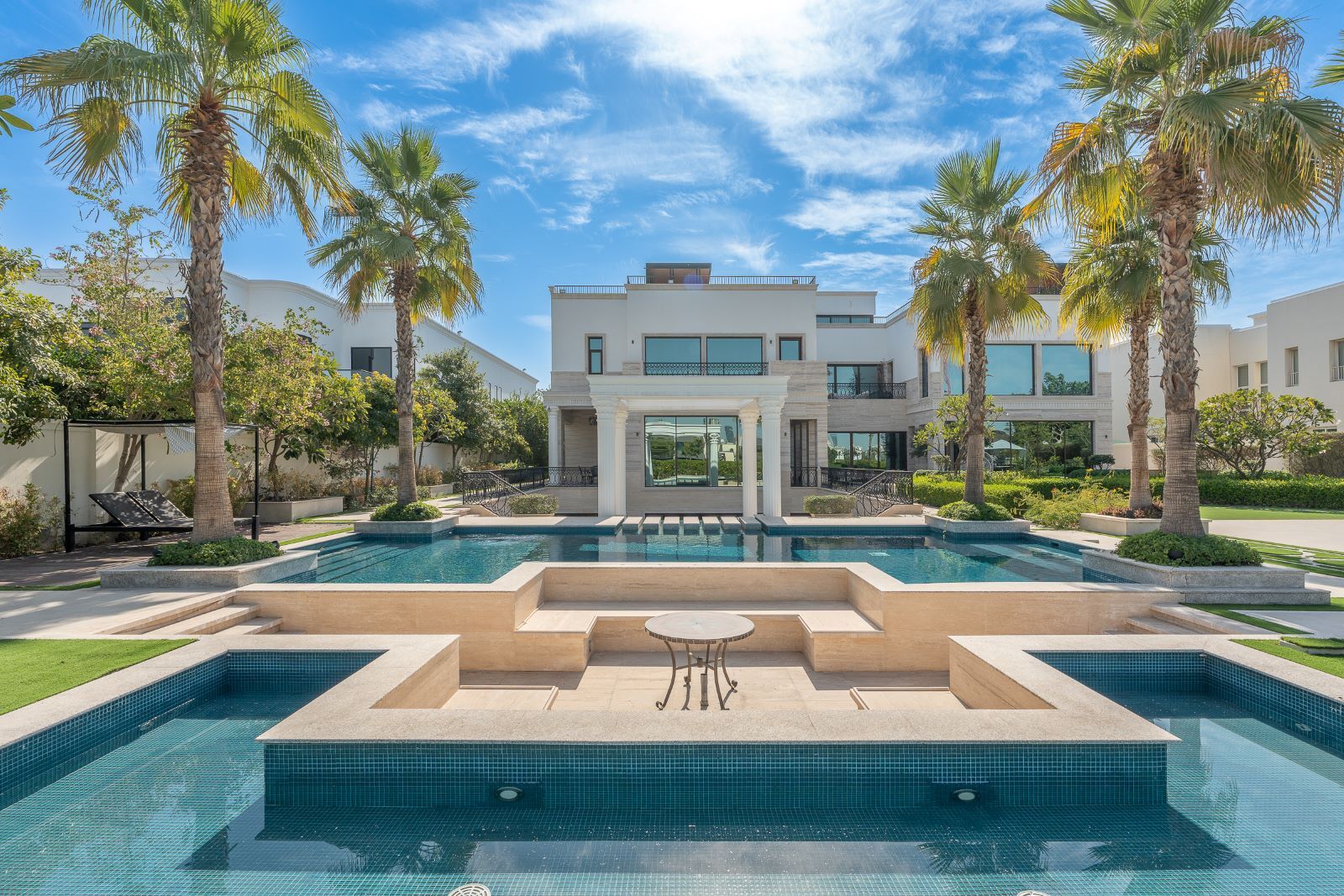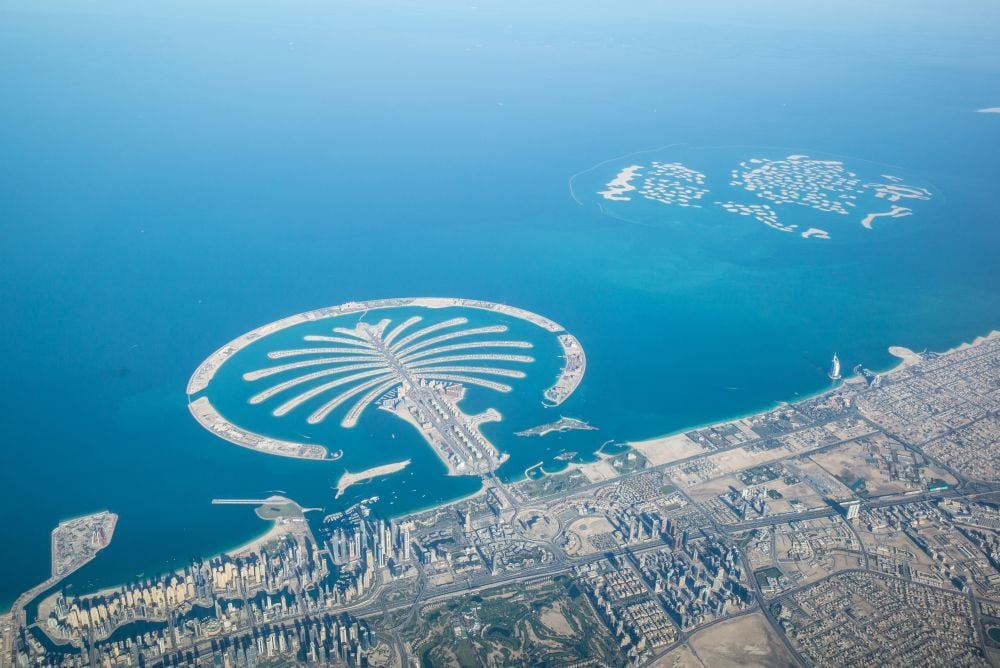Scaling New Heights: Key Trends in Dubai’s Super-Prime Market for 2025
Published: 20 January 2025
Few markets worldwide rival the meteoric rise of Dubai’s real estate sector in recent years. Driven by an influx of ultra-high-net-worth investors and an incredible portfolio of developments, the market has surged an astonishing 713% since 2020, with sales climbing from AED 52.3 billion to AED 425.3 billion by 2024. This rapid growth has weathered pandemics, geopolitical tensions, and global economic upheaval in a rare display of resilience, cementing buyer confidence for years to come. Yet, with the market scaling such heights, one question lingers in the minds of many: how much higher can it go?
With its proven resilience, the real question is not if the market will remain strong, but how it will evolve. Chris Whitehead, Managing Partner at Dubai Sotheby’s International Realty, shared his expert insights into what lies ahead for the super-prime market in 2025.

Transactions will remain high, but prices will cool from 2024 levels
In 2024, sales transactions in Dubai reached their highest on record, surging nearly 40% year-on-year from 2023. Significantly, the prime and super-prime sectors outpaced key markets like London and New York, with $10-million-plus sales doubling to $7.6 billion, and $25-million-plus sales reaching $2.3 billion, doubling 2022's total.
“The landscape we face this year is quite different,” Chris said. “From 2020 onwards, the market was propelled by ultra-high-net-worth individuals with an exceptional appetite for risk, resulting in near-exponential growth. Today, however, the market has matured, with stability gradually replacing volatility. We expect prices to ease slightly compared to the peaks of 2024, reflecting this new phase of steady progress.”
Prices are set to stabilise in 2025 for two key reasons: an increase in supply and the emergence of a new centimillionaire demographic. This dual dynamic is reshaping the market, balancing the heightened demand with a more sustainable pace of growth.
Chris explained: “Ultra-high-net-worth investors set new benchmarks throughout 2023 and 2024, but their real impact was proving to investors with lower risk tolerance that Dubai is a secure, robust market. This trust is now drawing centimillionaires, particularly wealthy Europeans, who tend to approach spending more cautiously.”
A crucial difference is that investors are now choosing Dubai as a place to live, not just to invest, bringing with them businesses and families. As a result, demand is set to shift more toward turnkey properties (i.e. ready-to-move-in homes), driving growth in legacy areas such as Palm Jumeirah and Emirates Hills while also propelling newer neighbourhoods such as Dubai Hills Estate to the forefront of the market. The latter has already established itself as a super-prime stronghold since launching just a few years ago, recording a sizable number of landmark sales throughout 2024.
“In 2021, forward-thinking investors purchased properties in established areas like Emirates Hills for comparatively lower prices, committing to extensive renovations. As we head into 2025, we anticipate some of this upgraded stock to enter the market in exceptional ready condition, slightly expanding the supply pipeline and easing price pressure,” he said.
Read more: Dubai Hills Estate: From Vision to a Prime Reality
Branded residences remain a key opportunity for investors
Another trend that will shape the market in 2025 will be branded residences, building on the momentum set throughout 2024. Last year, Dubai was crowned as the world’s branded residences capital, with investors paying significant premiums of up to 60-80% to secure homes tied to globally recognised names.
“Last year, branded residences captured a substantial share of the prime and super-prime markets, and we expect this trend to continue.” Chris said. “Buyers in Dubai have shown a strong appetite for these homes, which combine trusted brand affiliations with a serviced, hotel-inspired living experience. What we are looking at this year though is what I call the ‘blue-chip’ branded residences – homes created and managed by historic, long-respected names like Baccarat, Bulgari, and Four Seasons.”
Data underscores this trend: in 2024, branded residences dominated the high-value sales landscape. Notable transactions included One at Palm Jumeirah (AED 275M), Bulgari Lighthouse (AED 148M), and Six Senses Palm Jumeirah (AED 130M) – the latter sold by Lana Gorbach, Associate Director at Dubai Sotheby’s International Realty.
Chris added, “These branded residences are just the beginning. Later this year, we look forward to unveiling a number of new developments that will raise an already high bar even higher.”
How might global economic trends impact the Dubai real estate market in 2025?
To say the 2020s have been economically eventful is putting it lightly: from pandemics to multi-front wars, the global economy has been turbulent at best and actively in recession at worst. The economy of Dubai however has been markedly stable. “In 2020, while the global economy faltered under the weight of a pandemic and the Ukraine war, Dubai leaned into bold decision-making, fostering freedom and supporting businesses,” Chris explained. “For investors navigating an unstable world, this steadiness matters.”
Global markets were tested further in 2024, driven by an unprecedented wave of elections in key nations, including the US, UK, India, and Switzerland. The Sotheby’s International Realty 2024 Mid-Year Luxury Outlook Report revealed that years marked by elections often lead international buyers to adopt a cautious 'wait-and-see' approach, particularly when faced with tax and regulatory uncertainties, slowing growth.
“Dubai is politically neutral,” Chris noted. “But in an increasingly globalised economy, how other countries vote can have a profound impact. Tax hikes and restrictions in Europe – like the UK’s abolition of non-dom tax status or Spain’s proposed 100% tax on homes bought by non-EU buyers – are driving investors to seek more favourable markets. Naturally, Dubai has emerged as a top contender, offering a stable environment where wealth can grow without punitive restrictions.”
Still, the notion of Dubai as merely a tax haven or a playground for the rich is overly reductive, Chris argued. “It’s not just about personal wealth. Many investors are coming here to innovate and build businesses, bringing with them skilled, well-paid professionals who drive economic growth.”
“With higher salaries, increased spending, and a demand for premium services, this demographic shift will elevate everything from real estate demand to local business growth.”



